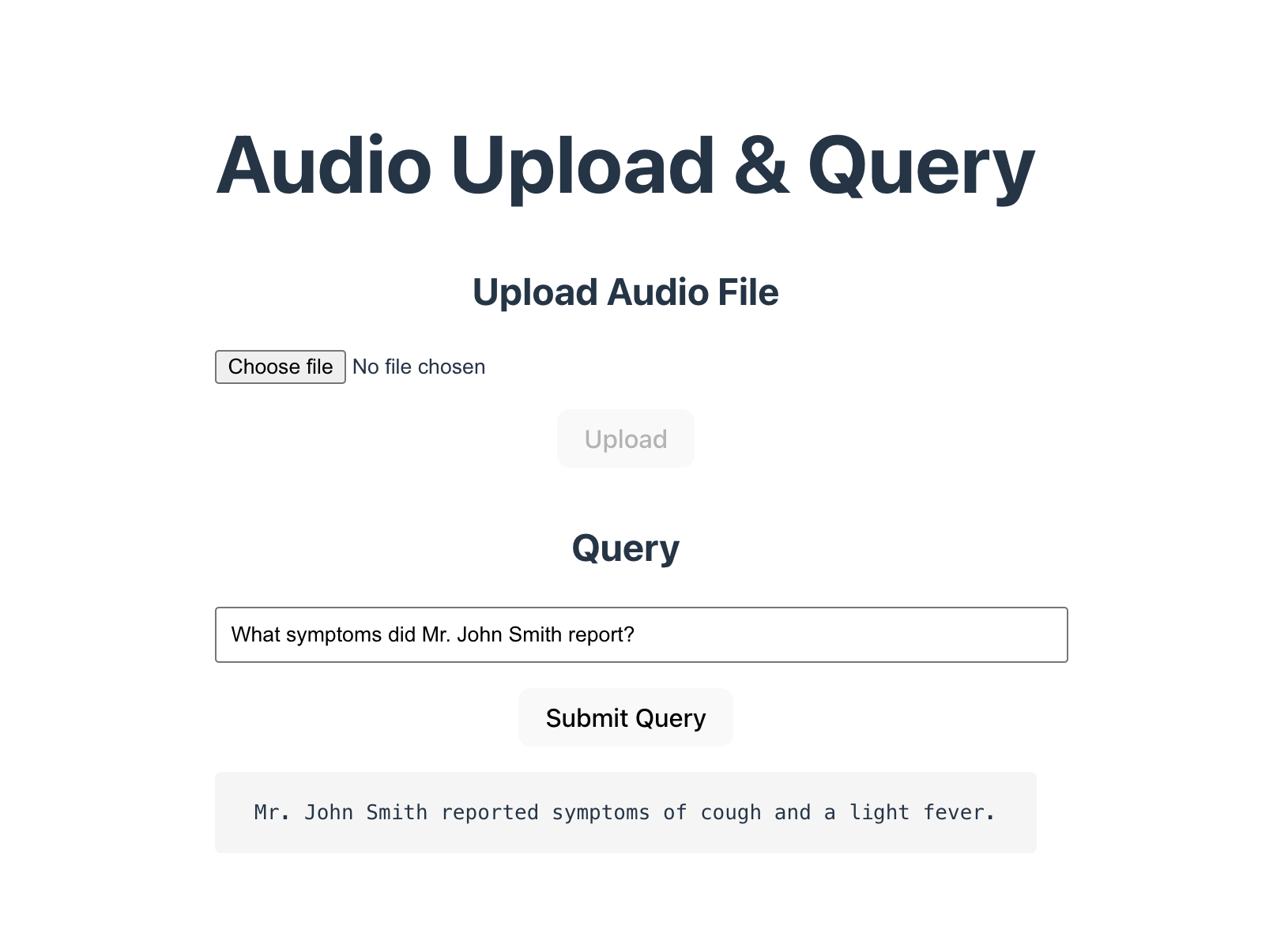
Picture a dark room. The only light comes from a wall of displays and a blinking prompt that politely informs you:
“LINK TO M-U5K-3T: HIGH LATENCY – DIRECT CONTROL DISABLED.”
Perfect.
You are supposed to be a Rover Commander in the Musketeer Corps. Somewhere absurdly far away, you have an autonomous unit parked on a hostile exoplanet. It wants you dead, but it’s also covered in minerals that could fund a small civilization.
The ore on M-U5K-3T is everywhere. Unfortunately, everything else on the surface is actively trying to kill you.
So, we don't pilot. We script.
You aren't driving a car; y




.png)

.png)
.png)
.png)
.png)

